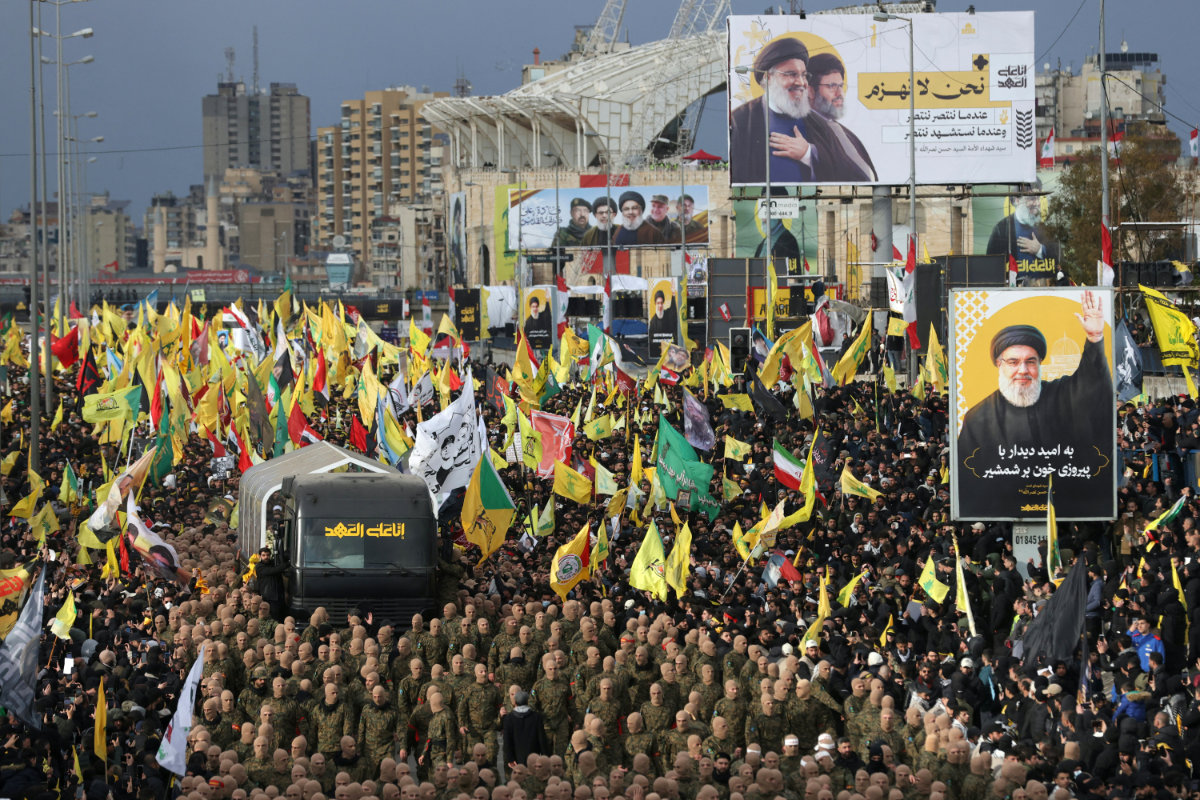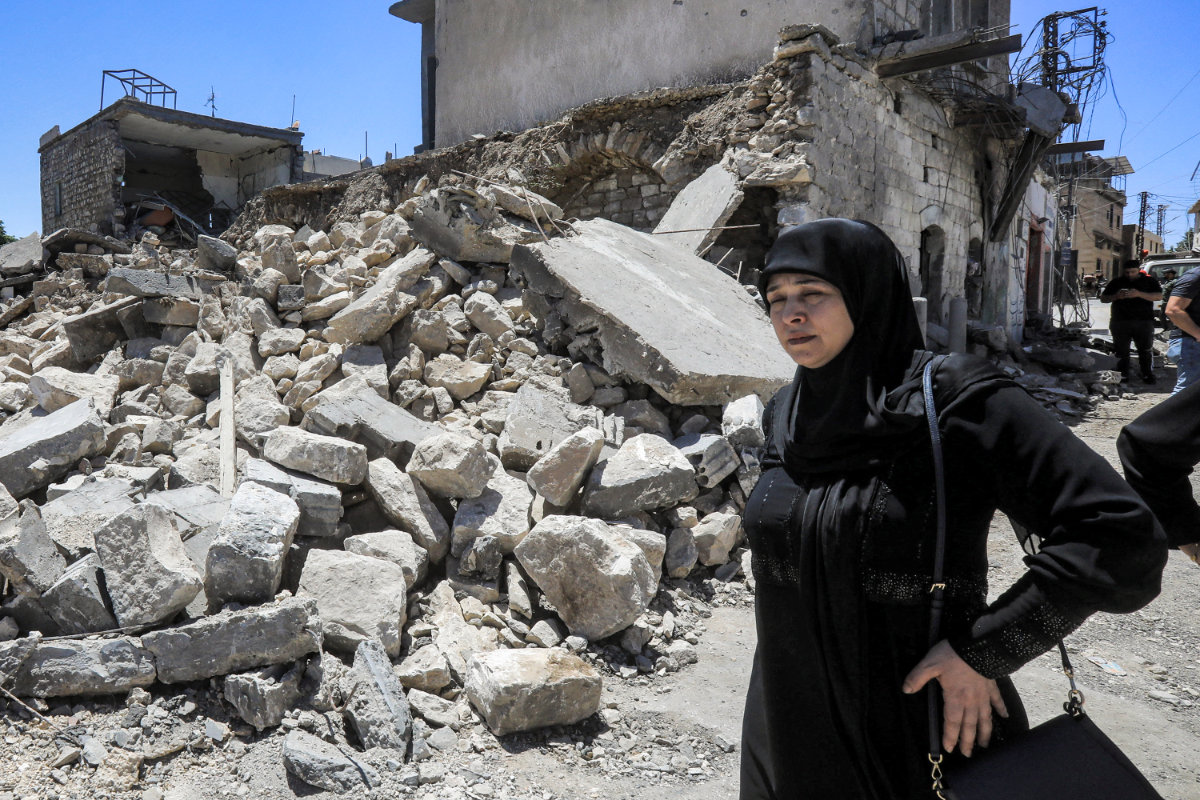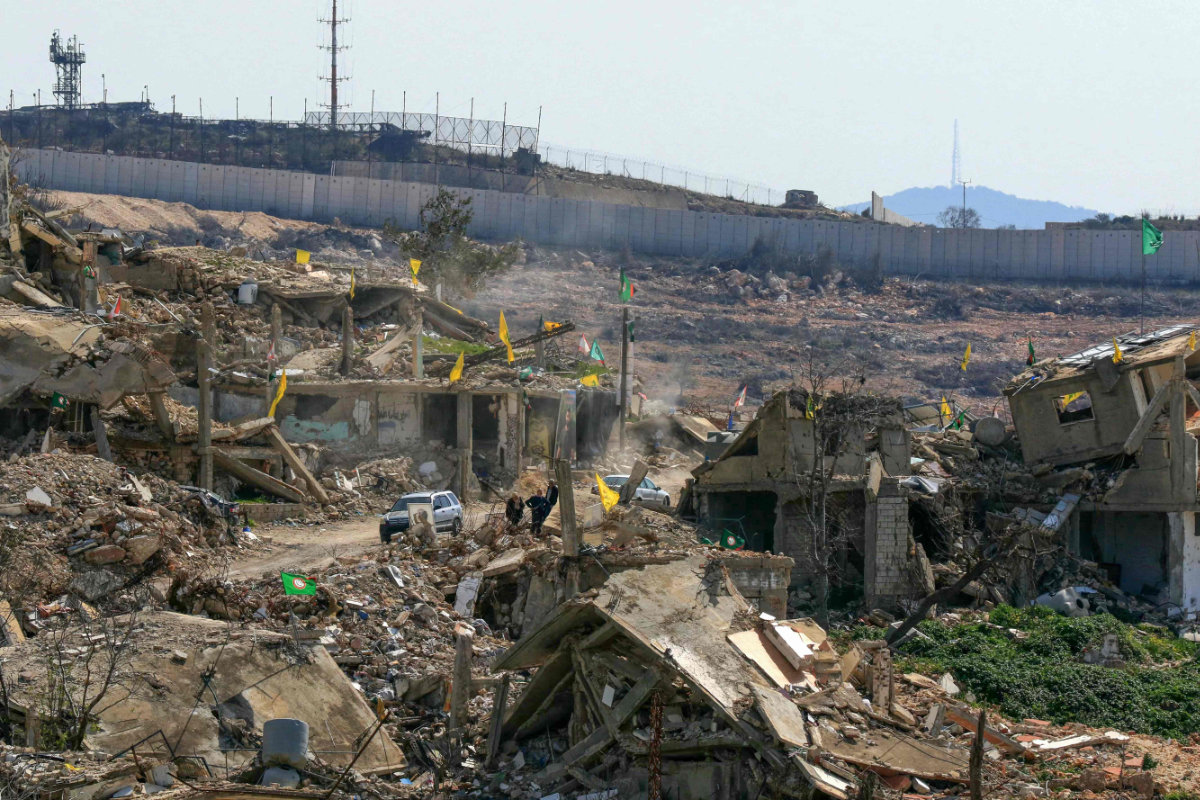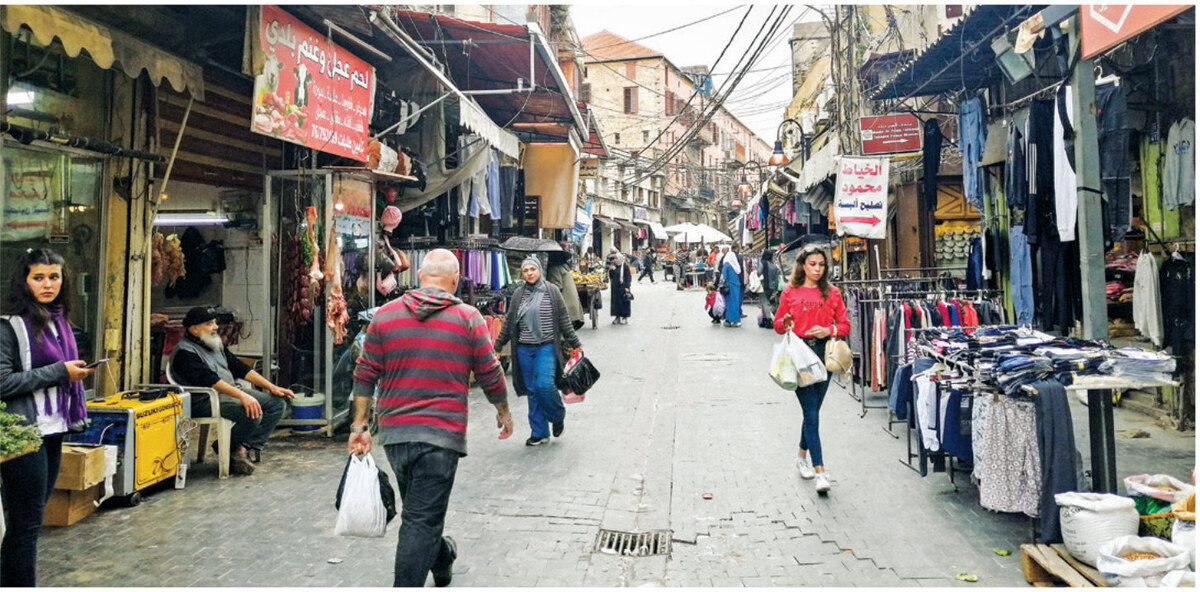GAZA: Food supplies to Gaza have fallen sharply in recent weeks because Israeli authorities have introduced a new customs rule on some humanitarian aid and are separately scaling down deliveries organized by businesses, people involved in getting goods to the war-torn territory told Reuters.
The new customs rule applies to truck convoys chartered by the United Nations to take aid from Jordan to Gaza via Israel, seven people familiar with the matter said.
Under the rule, individuals from relief organizations sending aid must complete a form providing passport details, and accept liability for any false information on a shipment, the people said.
They said relief agencies are disputing that requirement, which was announced mid-August, because they fear signing the form could expose staff to legal problems if aid fell into the hands of Hamas or other enemies of Israel.
As a result, shipments have not been getting through the Jordan route — a key channel in Gaza supplies — for two weeks. The dispute has not affected shipments via Cyprus and Egypt, the sources said.
In a parallel move, Israeli authorities have restricted commercial food shipments to Gaza amid concerns that Hamas was benefiting from that trade, the people familiar with the matter and industry sources said. UN and Israeli government data show that in September, deliveries of food and aid sank to their lowest in seven months.
Israeli’s military humanitarian unit, Cogat, which oversees aid and commercial shipments to Gaza, confirmed that no UN-chartered convoy has moved from Jordan to Gaza since Sept. 19, but a spokesperson said Israel was not blocking goods.
The spokesperson referred questions about the form dispute to Israel’s Ministry of Economy. A ministry spokesperson did not answer Reuters’ questions. A spokesperson for the UN’s emergency-response arm, the Office for the Coordination of Humanitarian Affairs (OCHA), declined to comment. Cogat did not address specific questions about commercial shipments.
The twin restrictions, which have not been previously reported, have reignited concerns among aid workers that pervasive food insecurity will worsen for the 2.3 million Gazans trapped in the occupied Palestinian territory.
“Lack of food is some of the worst it’s been during the war, these past weeks especially,” Nour Al-Amassi, a doctor who works in southern Gaza, told Reuters by phone.
“We thought we’d been able to get a hold on it but it’s got worse. My clinic treats 50 children a day for various issues, injuries and illness. On average 15 of those are malnourished.” The number of trucks carrying food and other goods to Gaza fell to around 130 per day on average in September, according to Cogat statistics. That is below about 150 recorded since the beginning of the war, and far off the 600 trucks a day that the US Agency for International Development says are required to address the threat of famine in wartime.
Food insecurity has been one of most fraught issues of the war that began after Hamas’s Oct. 7 attack on Israel last year. In May, International Criminal Court (ICC) prosecutors asked the court to issue an arrest warrant against Israel’s Prime Minister, Benjamin Netanyahu, saying they suspected Israeli authorities had used “the starvation of civilians as a method of warfare.”
Israeli authorities have denied this, saying they facilitate food deliveries to Gaza despite challenging conditions. In September, they filed two official challenges to the ICC, contesting the legality of the prosecutor’s request and contesting the court’s jurisdiction.
CHAOTIC ROUTES
During the war, aid to Gaza has been delivered through several different routes that have come in and out of operation, according to UN and Israeli officials. The main route before the war was to southern Gaza via Egypt, after a detour for Israeli scans.
Since Israel launched a military assault on the town of Rafah in May, UN aid coming that way has slumped because insecurity made it increasingly difficult to organize, UN relief agencies have said.
In May, a US-led effort launched a pier to deliver humanitarian aid by boat, but the jetty was damaged by storms and abandoned in July. Some shipments that were earmarked for the pier at the time have yet to reach Gaza even after they were re-routed through the Israeli port of Ashdod, aid workers said.
Israel opened the Jordan route in December, allowing trucks to move directly from the Hashemite Kingdom to Gaza. UN and NGO aid workers say the Jordan corridor became the most reliable until the recent suspension.
Transportation via the route was helped after Israeli authorities agreed with Jordan to simplify customs procedures for humanitarian aid transported by UN agencies.
But in mid-August, Cogat informed UN relief agencies that this fast track had been revoked, the people familiar with the matter said. That generates additional costs and delays. The new customs form is an extra headache, the sources said, adding the UN side had proposed an alternative and was hopeful Israel would accept it.
FALL IN COMMERCIAL IMPORTS Compounding concerns about hunger in Gaza, the sources pointed to a recent drop in commercial supplies.
Commercial imports by Gaza-based traders made up the majority of the 500 trucks that entered the territory daily before the war. Israel halted most of these supplies when war broke out, but allowed food imports to resume from Israeli-controlled territory in May, helping to augment the supply of fresh, nutritious products not contained in aid shipments, four Gazan traders and four UN officials said.
But commercial shipments have fallen from a daily average of 140 trucks in July to 80 in September, according to Cogat statistics. In the last two weeks of September, Gaza-based traders said the daily average fell even further, to a low of 45 trucks.
Israeli authorities actively promoted commercial supply since May, saying in June it was a more efficient alternative to UN aid.
But they changed tack after realizing that Hamas managed to levy taxes on some commercial shipments and seize some of the food, people familiar with the matter said.





































